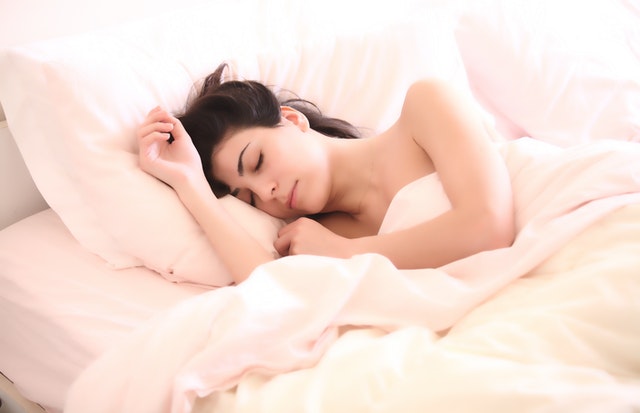Appointment Request
You can use this form to request an appointment.
Once received, we will check the form details and confirm appointment times with you.
We cannot guarantee an appointment without confirmation.
New Patient Registration
If you would like to register as a patient with YourGP, please fill in your details below and one of our team will be in touch.
Why a good day starts with a good night’s sleep

It is perhaps no coincidence that the ‘Festival of Sleep Day’ falls on 2nd January each year, when most people’s regular sleep routines have gone well and truly out of the window following days of festive celebrations!
As we all know from experience, a night of poor sleep can take its toll on us the next day. From a lack of energy and inability to concentrate, to an irritable mood – it’s days like these we just can’t wait to climb back into bed to catch up on our kip.
And whilst many of us may need to sacrifice a few hours out of necessity once in a while (perhaps due to a looming work deadline or a teething baby, for example) it’s important to try as much as possible to aim for around eight hours of sleep per night. The reason being that the effects of regular poor sleep can be much more serious than simply being a little moody and forgetful during the day – it can actually shorten your life expectancy.
The healthcare experts at YourGP have therefore compiled a helpful checklist of ways you can improve your sleep.
Top tips to help improve your sleep
- Get into a routine: Aim to go to bed and wake up at the same time every day to enable your body to get into a regular rhythm.
- Make time to wind down: Whether it’s relaxing in the bath, doing a little gentle yoga, or reading a book – give your body and brain time to turn off and relax before heading to bed.
- Ban the screens: Aim to put down your phone and switch off your computer an hour before you go to bed, as the light from the screens on these devices can have a detrimental effect on your sleep.
- Cut out the caffeine: Stimulants such as coffee can interfere with sleep so try to limit your intake during the day and avoid it altogether in the evening.
- Work out: Moderate exercise during the day can help to relieve tension build up, leaving you in a relaxed state which is more conducive to sleep.
- Get the temperature just right: Aim for a room temperature of between 18-24°C and ensure your bed is comfortable.
- Keep it tidy: Keeping your bedroom clean, tidy and uncluttered can help to create a much more relaxing environment.
- Do not disturb: Opt for heavy, lined curtains, if you can, to prevent the early morning sunshine waking you during the summer months and to minimise any outside noise.
Sticking to these simple rules and getting a good night’s sleep on a regular basis can have a hugely positive impact on your overall health – from improving mental health, increasing immunity, and boosting fertility, to lowering your risk of diabetes and heart disease.
When should you see a doctor about a sleep issue?
Many of us will experience sleep issues at some point in our lives, and for most people, sticking to the steps above will be enough to get back into a healthy sleeping routine. However, if you feel you are experiencing persistent sleep problems, it is important you speak to a healthcare expert.
It may be useful to keep a sleep diary, including details of your daily activities and habits, as this may help to uncover the root of the problem. However, if you find the sleep issues continue for four weeks or more, speak to your doctor. Cognitive Behavioural Therapy, for example, could get to the root of the problem and help you finally achieve the restful sleep your mind and body needs.
The facilities and patient service are second to none. The treatment I received for my eczema was innovative, holistic and most importantly highly effective. My skin has responded to the treatment I was prescribed. I am delighted with the resultant, significant reduction in my symptoms. I was impressed by the caring, sensitive and professional treatment I received. This was in stark contrast to my experience at my usual GP and at private consultations with supposedly eminent and specialist dermatologists. Thank you.
